
China’s Second Continent
How a Million Migrants Are Building a New Empire in Africa
ISBN: 9780307956989
Pages: 285
Recommendation
Howard W. French, previously of The New York Times, delivers a reportorial tour de force on the migration of Chinese entrepreneurs into Africa. All over the continent, China barters infrastructure for resources – building stadiums, bridges and airports in exchange for iron, copper and lumber. More than a million Chinese migrants overstay their project work visas and remain as entrepreneurs, acting in their own interests rather than as part of any overall strategic vision China has in Africa. How Africans view these immigrant businesspeople will shape the continent’s future. In a presentation as streamlined as a travelogue and steeped in history, French interviews an impressively broad range of Chinese business owners, African policy makers, diplomats and social activists in an equally broad range of languages, including Mandarin and Portuguese. From serving as a correspondent in Central Africa to leading a news team in China, French’s editorial and linguistic talents uniquely qualify him to tell this tale. Any reader who appreciates a good story will relish the anecdotal flavor of French’s writing and his poignant conclusions. getAbstract strongly recommends French’s insightful, layered and perceptive report to policy makers, investors and executives concerned about Africa’s socioeconomic landscape.
Summary
About the Author
Howard W. French, an associate professor at the Columbia Graduate School of Journalism, worked for The New York Times in Central Africa, Central America, the Caribbean and in China as Shanghai bureau chief.








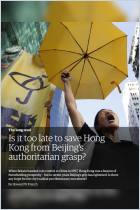
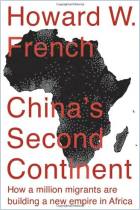
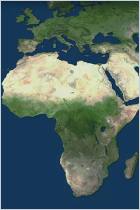
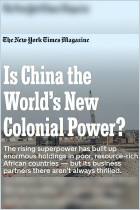
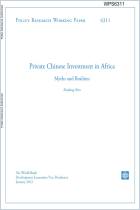
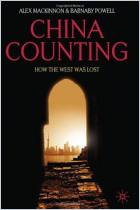
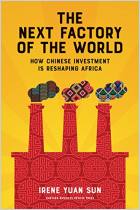




Comment on this summary